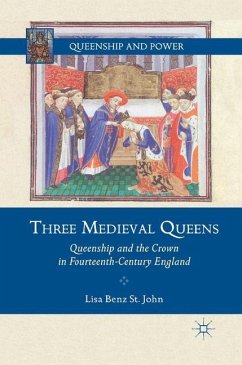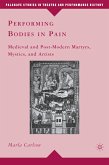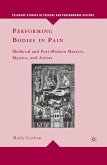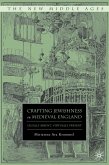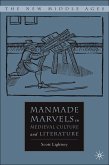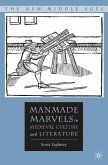This book is an innovative study offering the first examination of how three fourteenth-century English queens, Margaret of France, Isabella of France, and Philippa of Hainault, exercised power and authority. It frames its analysis around four major themes: gender; status; the concept of the crown; and power and authority.
'Clearly and concisely written, this important new study fills a major gap in the historiography of English queenship, demonstrating simultaneously both the standards against which medieval queens were measured and the striking differences between the ways in which individual queens might interpret their role. It will be essential reading for all those interested in the exercise of power by women in the medieval world.' Chris Given-Wilson, Professor of Late Mediaeval History, University of St Andrews
'This fills an important gap in the study of English queenship. By comparing the activities of three consecutive queens, Lisa Benz St. John is able to show the effects of circumstance and personality on the way each queen approached her role. At the same time, she demonstrates the extent to which the fourteenth century queen was and remained integral to the power structure of the crown.' Helen Maurer, author of Margaret of Anjou: Queenship and Power in Late Medieval England
'This detailed study will be much appreciated by scholars of queenship, gender, and late medieval politics for its meticulous analysis of the mechanics of queenly influence at this period and for its important reappraisal of Isabella of France's role in the aftermath of Edward II's deposition.' J. L. Laynesmith, author of The Last Medieval Queens
'This fills an important gap in the study of English queenship. By comparing the activities of three consecutive queens, Lisa Benz St. John is able to show the effects of circumstance and personality on the way each queen approached her role. At the same time, she demonstrates the extent to which the fourteenth century queen was and remained integral to the power structure of the crown.' Helen Maurer, author of Margaret of Anjou: Queenship and Power in Late Medieval England
'This detailed study will be much appreciated by scholars of queenship, gender, and late medieval politics for its meticulous analysis of the mechanics of queenly influence at this period and for its important reappraisal of Isabella of France's role in the aftermath of Edward II's deposition.' J. L. Laynesmith, author of The Last Medieval Queens

